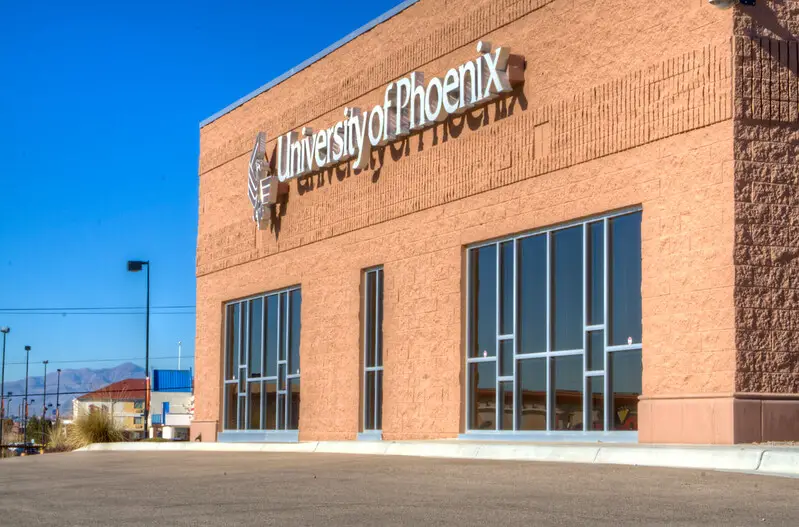After the Federal Trade Commission (FTC) secured a record $191 million settlement with the University of Phoenix (UOP) in December 2019, the government agency recently announced that it is sending out $50 million in payments to more than 147,000 students who may have chosen to enroll at the university because of deceptive advertisements.
According to the FTC website, the remaining $141 million will be used to cancel unpaid balances that the students owe the school.
The FTC revealed that the UOP aired advertisements from 2012 to 2014, encouraging students to enroll because it had relationships and job opportunities with established organizations such as AT&T, Yahoo!, Microsoft, Twitter, and the American Red Cross.
Just last week, the US Department of Education announced that it would forgive $1 billion in student loan debt for 72,000 student borrowers of the now-defunct Corinthian Colleges.
According to the Phoenix Business Journal, the Department is also working on bringing back gainful employment rules, which will require for-profit universities and colleges to prove that their degrees result in gainful employment for their graduates.
UOP Denies Deception
UOP officials continue to deny employing deceptive advertising to lure students. According to a statement released to 22 News, the allegations were made in reference to a campaign “that ended in 2014 that were not tested through litigation, and do not constitute factual findings by either the FTC or any court.”
Furthermore, the statement explained that the settlement agreement is an opportunity for the university “to continue our focus on our core mission of improving the lives of our students through career-relevant higher education, and to avoid any further distraction from serving students that could have resulted from protracted litigation.”
The statement concluded, “The university has admitted no wrongdoing and continues to believe it has acted appropriately.”

